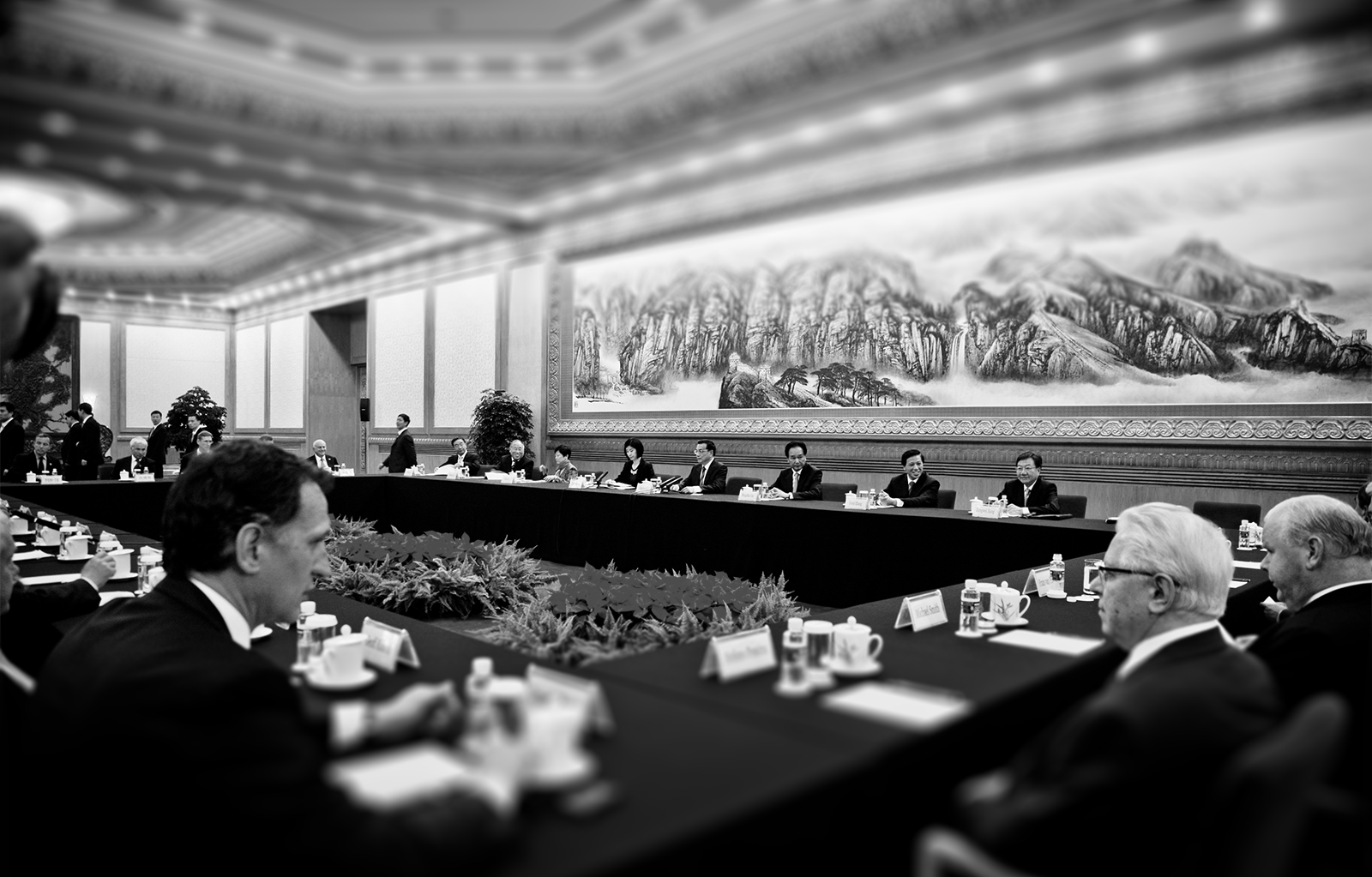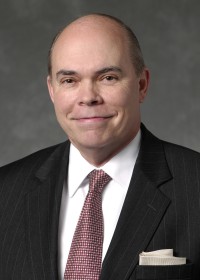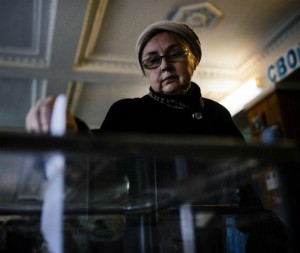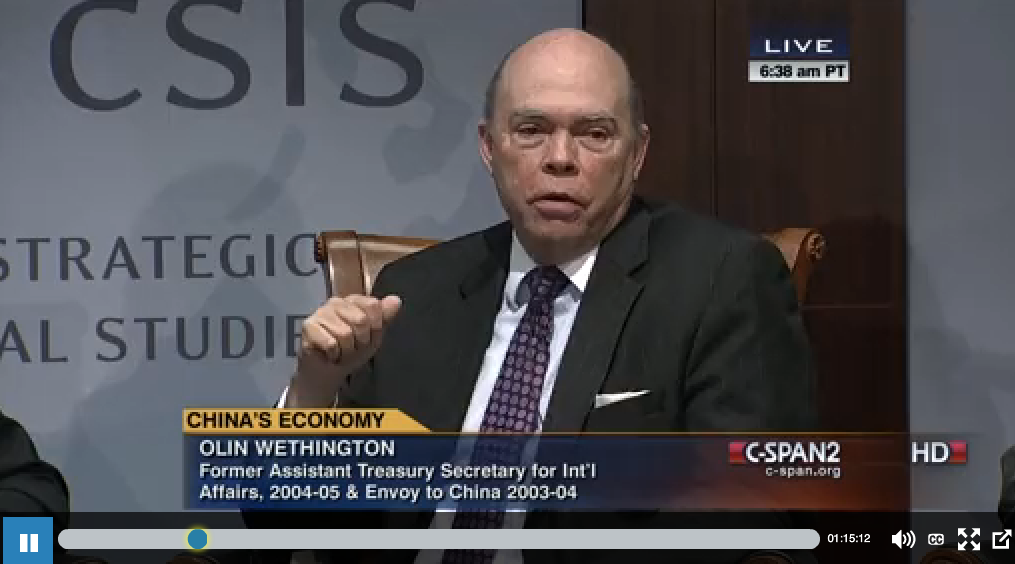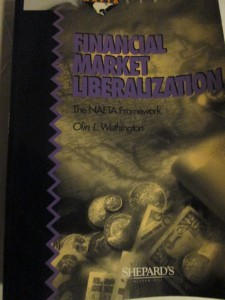- Chairman and Principal, Wethington International LLC, an investment advisory firm
- An expert in finance, the global economy, global geopolitical trends and U.S. foreign policy (Asia, Europe, Middle East)
- Former Special Assistant to the President and Executive Secretary of the Economic Policy Council in the White House; Assistant Secretary for International Affairs, U.S. Treasury; Special Envoy on China, U.S. Treasury
- Senior Fellow and Executive Director, Project on Shaping the Asia-Pacific Future, Brent Scowcroft Center on International Security, Atlantic Council
- Chairman and Principal, Wethington International LLC, an investment advisory firm
- An expert in finance, the global economy, global geopolitical trends and U.S. foreign policy (Asia, Europe, Middle East)
- Former Special Assistant to the President and Executive Secretary of the Economic Policy Council in the White House; Assistant Secretary for International Affairs, U.S. Treasury; Special Envoy on China, U.S. Treasury
- Senior Fellow and Executive Director, Project on Shaping the Asia-Pacific Future, Brent Scowcroft Center on International Security, Atlantic Council
Olin Wethington is an authority and leading expert on U.S. foreign policy and global geopolitical trends. With over 30 years’ experience in both government and the private sector, he has played a leadership role on a number of significant U.S. foreign policy issues in Asia and is a unique spokesperson on international financial issues and political risk to the global economy. His interests include strengthening security stability in Asia in the face of growing Chinese military power and the North Korean nuclear threat, and enhancing U.S. global economic performance. He offers new thinking and strategic vision. He is a tenacious proponent of strengthening the liberal rules-based international economic order.
As Senior Fellow at the Brent Scowcroft Center on International Security and Executive Director of the Project on Shaping the Asia-Pacific Future at the Atlantic Council, Mr. Wethington has co-authored two important reports: “Strengthening the Institutional Architecture for an Open, Rules-Based Economic Order,” and “A Path to Leadership in the Asia-Pacific: Revitalizing the Multilateral Financial Institutions.”
Mr. Wethington is the Founder of Wethington International LLC, an investment and business advisory firm, established in 2009, focused on advising companies and institutions on capital investment, financial structure and business strategy, particularly in emerging markets. From March 2006-January 2009, Wethington was Chairman, AIG Companies in China, with responsibilities for operation and expansion of American International Group’s business in China, including the broadening of AIG’s financial services platform in China to reflect AIG’s global capabilities.
During his time in the U.S. government, he played an important role on various significant international financial issues over the past several decades. These included financial market development in China, structural reform in Japan, the entry of Russia into the international financial system after the collapse of the Soviet Union, G-7 macro- economic policy coordination, the role of the IMF and World Bank, and economic reform in Latin America. From May–September 2005, Wethington served as Special Envoy on China, engaging in intensive discussions with senior Chinese financial and foreign policy officials on exchange rate flexibility and financial market reform, and related consultations with other governments. In late July 2005 China abandoned its decade- old fixed exchange rate mechanism and announced moves toward greater market responsiveness with respect to the value of its currency. From August 2004-September 2005, Wethington served as Counselor to the Secretary of the Treasury. He advised on Iraq’s economic reform program with the IMF and played a central role in the international effort to reduce Iraq’s $125 billion external debt. He led the on-ground negotiations for the United States within the Paris Club that produced the landmark international agreement to eliminate 80% of Iraq’s external debt—the largest debt write-down ever up to that time by sovereign creditors. From November 2003-June 2004, Wethington served as the senior U.S. Treasury official at the Coalition Provisional Authority, Baghdad, Iraq, where he led the multilateral team of bankers, economists and government regulators focused on capacity-building at Iraq’s Central Bank and Finance Ministry. During previous Administrations, Wethington served as Assistant Secretary for International Affairs, U.S. Department of the Treasury, Special Assistant to the President and Executive Secretary of the Economic Policy Council, White House (under President George H.W. Bush), and Deputy Under Secretary for International Trade, U.S. Department of Commerce. During his White House service, he coordinated the deliberations of the Cabinet-level Economic Policy Council, chaired by the President.
Mr. Wethington was partner at one of Washington, D.C.’s leading international law firms, Steptoe & Johnson, during 1985-89 and 1993-2003. He is a graduate of Harvard Law School and the University of Pennsylvania. He is a member of the Council on Foreign Relations, the Board of Trustees of the George C. Marshall Foundation, and the Board of Directors of the International Republican Institute. He has participated in election observation missions to Cambodia, Egypt and Ukraine. He is a recipient of the Alexander Hamilton Award, the highest honor of the U.S. Department of the Treasury.

